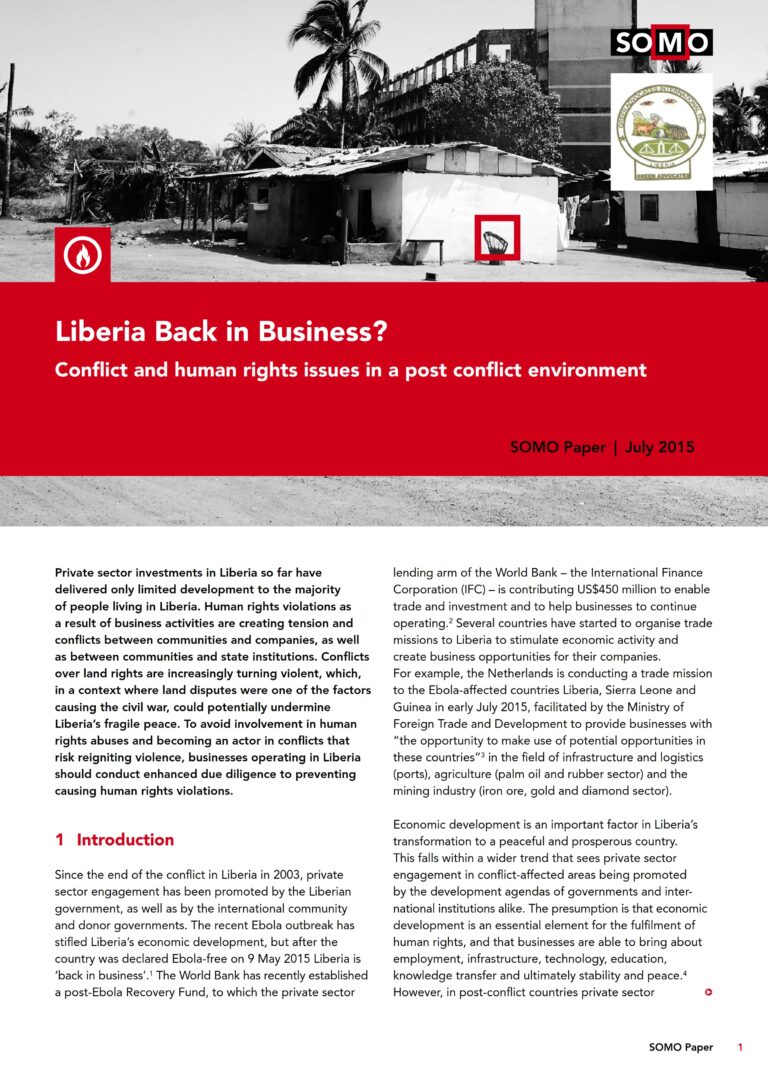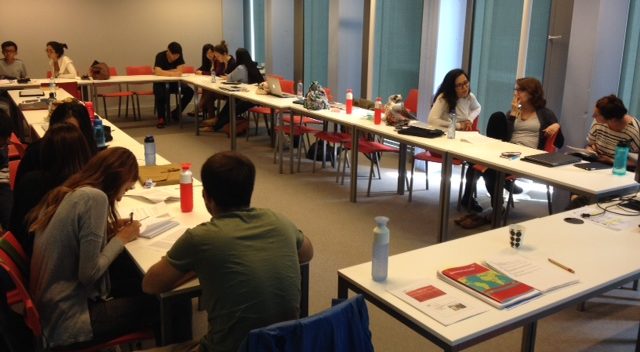
SOMO lecture at an Amsterdam Summer School
The word ‘security’ appears regularly in the media, in political speeches and in daily conversations. But what does it actually mean? What are effective approaches to dealing with (violent) conflict? And how are security arrangements made? These and other questions outlined the programme of the ‘Security Governance & Conflict Resolution’ Summer School at the University of Amsterdam. SOMO researcher Mark van Dorp delivered a lecture on the role of multinational corporations in fragile or conflict-affected areas.
Although the private sector is often presented as a powerful element for peace and economic reconstruction, this is often not the case in practice. The most serious human rights abuses take place in conflict areas, and it is far from unusual to see a direct involvement by multinational businesses.
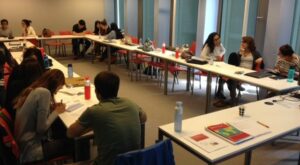
Watchdog role
Since the nineties, the attention for the negative impact of businesses on conflict-affected areas has grown. This being one of the focus points of SOMO’s work, Mark van Dorp gave a detailed account of the organisation’s watchdog role. In partnership with other organisations, support is provided to local communities so that they can hold these businesses accountable, case studies are carried out, dialogues with the companies are initiated, lobby activities are organised to push for better policies, and complaints are filed against the different corporations.
Liberia as a case study
In class, the students imagined they were in Liberia. On the basis of a specific case, they got a glimpse of how things work on the ground and of what kinds of issues and dilemmas an entrepreneur, a government, or an NGO can be confronted with. As Martijn Dekker, academic director of the Summer School, told us, “The students are invited to put their knowledge in practice by playing a role game on conflict-sensitive entrepreneurship in Liberia. A refreshing addition to the lecture.”
Knowledge exchange
Mark van Dorp shared his enthusiasm, “I told them that the implementation of complaints mechanisms is hardly monitored at all, and that no one seems to keep track of whether companies are complying with international guidelines in conflict-affected areas. One of the students immediately said it would be interesting to set up a database of companies and their track record in the area of human rights in conflict-affected areas. To my knowledge, a database like that doesn’t yet exist, and it sounds like an excellent idea. So we both got something out of it; I encouraged him to put his idea into practice!”
Read more about the programme ‘Multinationals in Conflict-Affected Areas’.
Do you need more information?
-

Ilona Hartlief
Researcher
Related content
-
Multinationals and Conflict Published on:Mark van DorpPosted in category:PublicationMark van Dorp
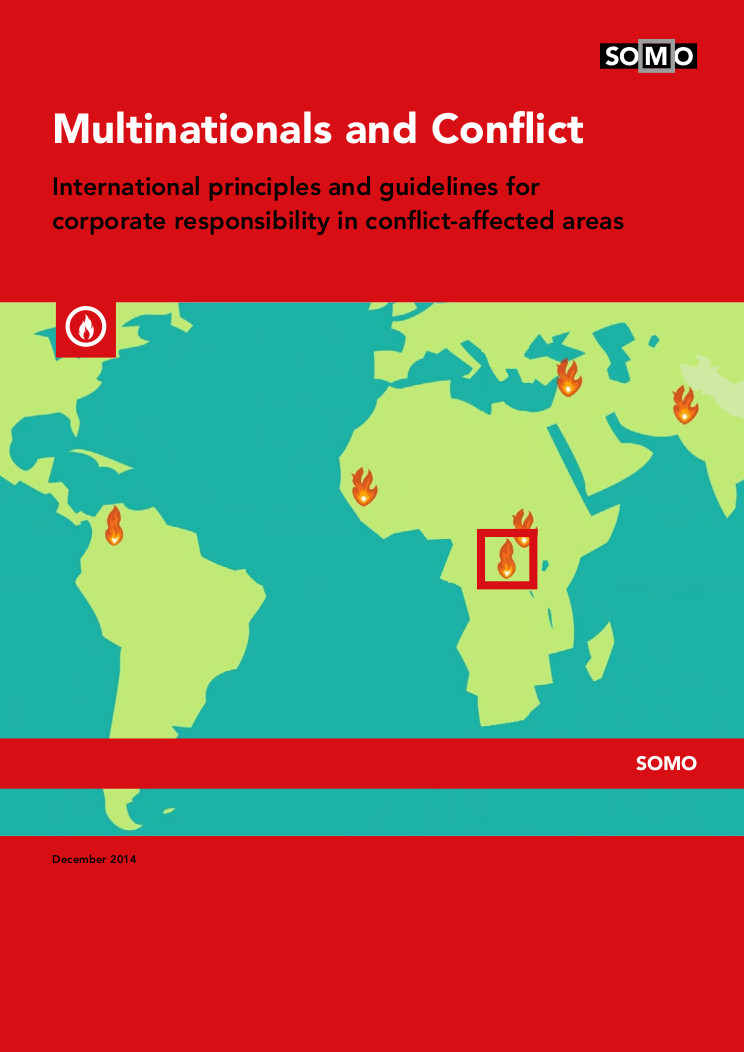
-
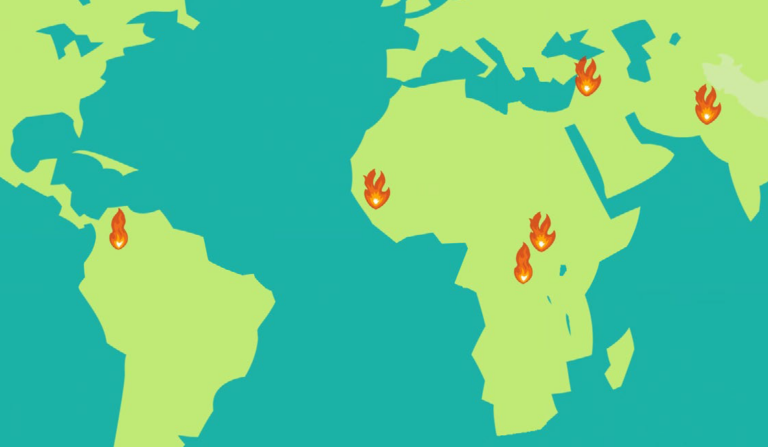
-

-
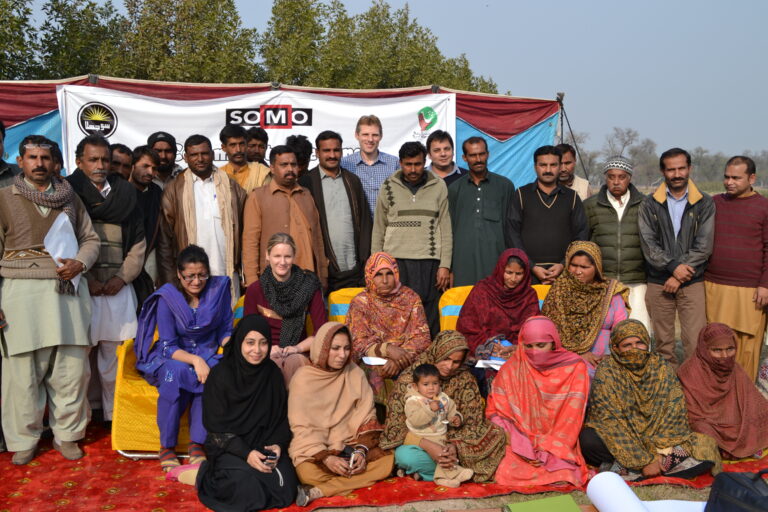 Much-needed SOMO training on the responsibility of multinationals in PakistanPosted in category:NewsPublished on:
Much-needed SOMO training on the responsibility of multinationals in PakistanPosted in category:NewsPublished on: -
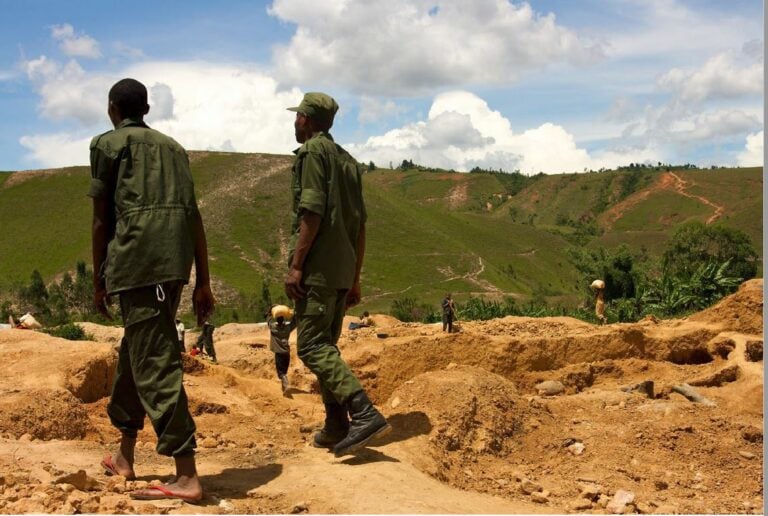
-
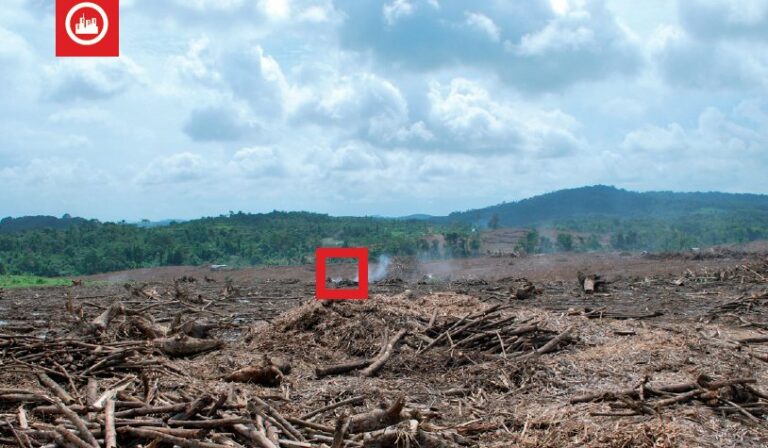
-
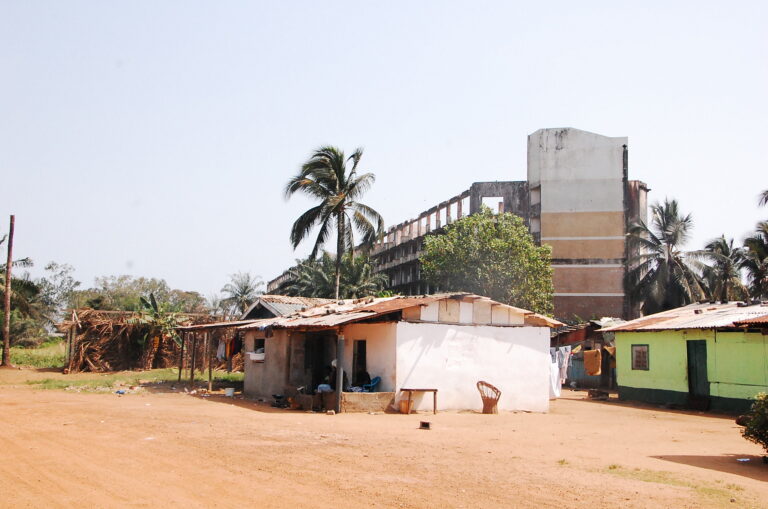
-
Liberia Back in Business? Published on:A.M SchuitPosted in category:PublicationA.M Schuit
